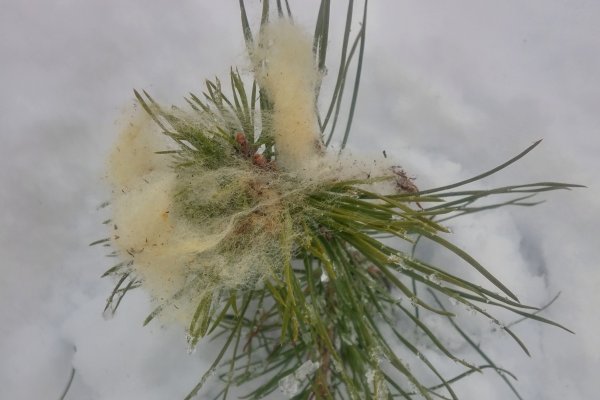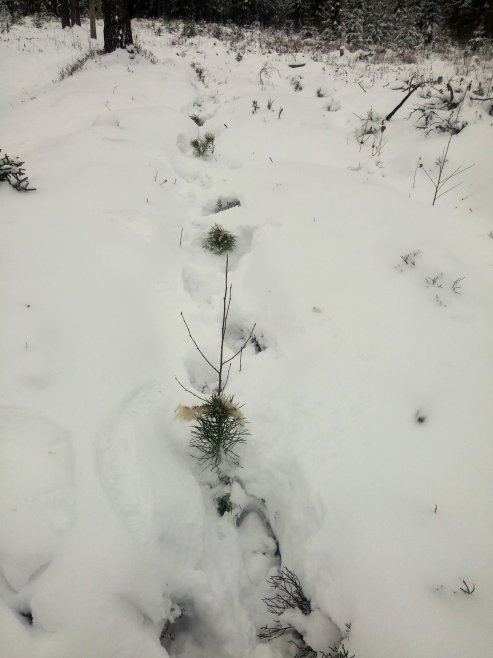Sheep Wool will be Used to Protect Young Trees
In order to ensure successful growth of renewed forest stands, the young growths, of course, must be tended properly. However, it is not enough; it is also important to ensure protection against forest animal damage in places where there is a great density of cervids (elks, red deer, roe deer). Instead of the traditionally used repellents, a new method is tried in several LVM regions - treatment of young trees with sheep wool. This method is already used in other countries, for example, Poland.
If a bud of a young tree top is bitten off or its trunk is damaged, further growth of the tree and stem formation are endangered. Therefore the young tree tops and lateral branches in the areas managed by LVM are treated with the following plant protection products:
- "Plantskydd", which contains animal protein (blood), thanks to which animals sense the presence of predators and do not approach the trees;
- "Cervacol extra", which is composed of quartz sand mixed with glue and has unpleasant taste - animals will sense sand in the mouth, and will not continue to ravage the new growth.
In order for these methods to be more effective for a longer time, trees are treated with these substances only in dry weather, in frost-free weather conditions.
This year, snow covered forests already in early November, and LVM Silviculture workers had to look for alternative ways to protect new seedlings. "Regardless of the weather conditions, greasy sheep wool is used to protect young stands, putting it sliver by sliver onto the treetops," says Guntis Ščepaniks, Head of LVM Forest Infrastructure and Hunting.
In LVM Zemgale region it is planned to treat about 5 hectares of young growths this way, while LVM Dienvidlatgale region - even 23 hectares.
"Greasy sheep wool has a specific smell, which could discourage animals from approaching young pine seedlings. If, however, the animal still bites off a piece, instead of the expected treat, its mouth will be full of wool. This could be an effective remedy to deter animals from the treated trees by smell and taste," says Kaspars Riže, LVM Senior Forest Expert.
Every year the number of areas that need to be treated against the damage caused by even-toed ungulates increases. This is due to the growing number of these animals in certain areas.




